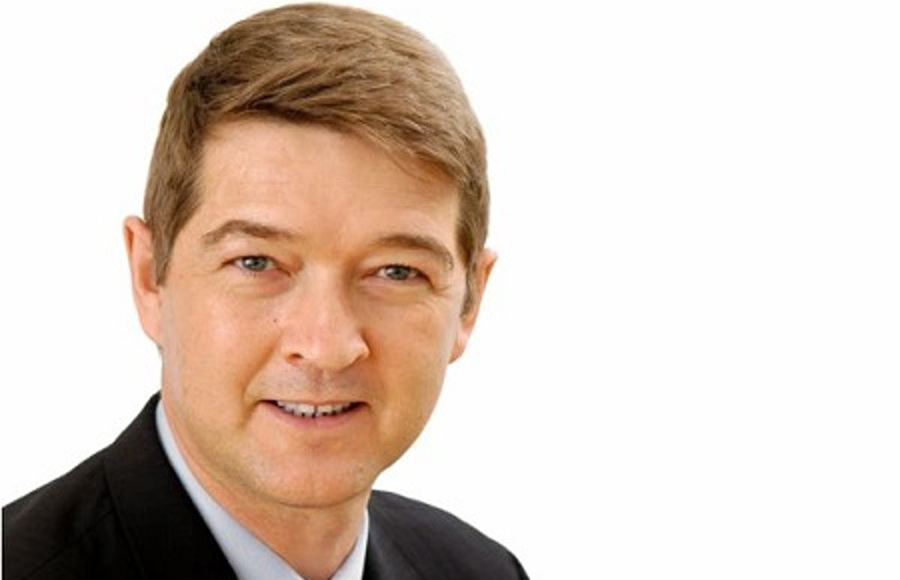Nigeria’s development trajectory would improve if more informal firms are formalized as there is a critical need to “unlock” and repurpose dead assets.
This was disclosed by Partner and Chief Economist, PwC Nigeria, Andrew Nevin while speaking at Nairametrics Economic Roundtable webinar themed “How to get out of the economic crisis” on Saturday, August 7, 2021.
Nevin acknowledged the informal sector’s enormous role as a major employer of labour in developing economies. However, because of its inability to raise productivity sufficiently to propel growth, Nevin believes that increasing formalization would be beneficial to Nigeria.
He also praised the Nigerian government’s efforts to increase the formalization of the informal sector, stating that “Nigeria has done a good job with the Finance Act which tried to bring people into the formal economy. That is very critical.”
Nevin called attention to the US$900 billion in dead capital in Nigeria’s residential real estate and agricultural land. He said these assets would have to be unlocked in order for the economy to expand at a faster pace.
Some challenging areas include the housing shortage, which has been projected to be as high as 7 million units, with 700,000 units needed per year to close the gap, whereas estimates of the formal housing sector’s present output range is between 100,000 and 200,00 each year.
He highlighted some abandoned properties in need of repurposing.
- Nigeria Social Insurance Trust Fund (NSITF) along Lagos-Badagry expressway
- The National Assembly Complex at Tafawa Balewa Square
- NECOM House at 15, Marina Street
- NITEL Building; Secretariat in Ikoyi
- Federal Government Ministry of Communications at Obalende, Lagos.
- Federal Government Secretariat in Ikoyi Lagos.
- In Lagos alone, there are over 60 abandoned properties belonging to the federal government.
Nevin noted that the Finance act of 2020 was a commendable step taken by the Nigerian government, however, more efforts need to be put in to improve the ease of doing business to increase formalization in Nigeria.
